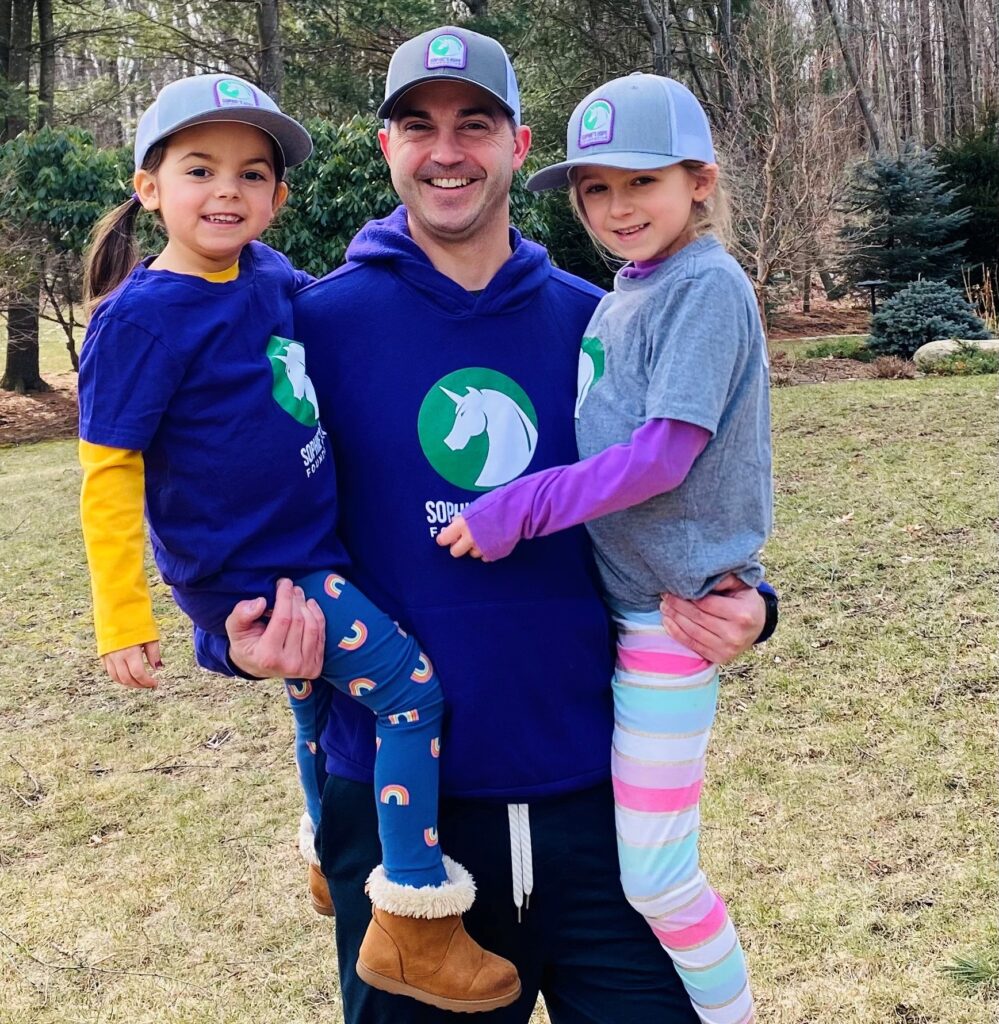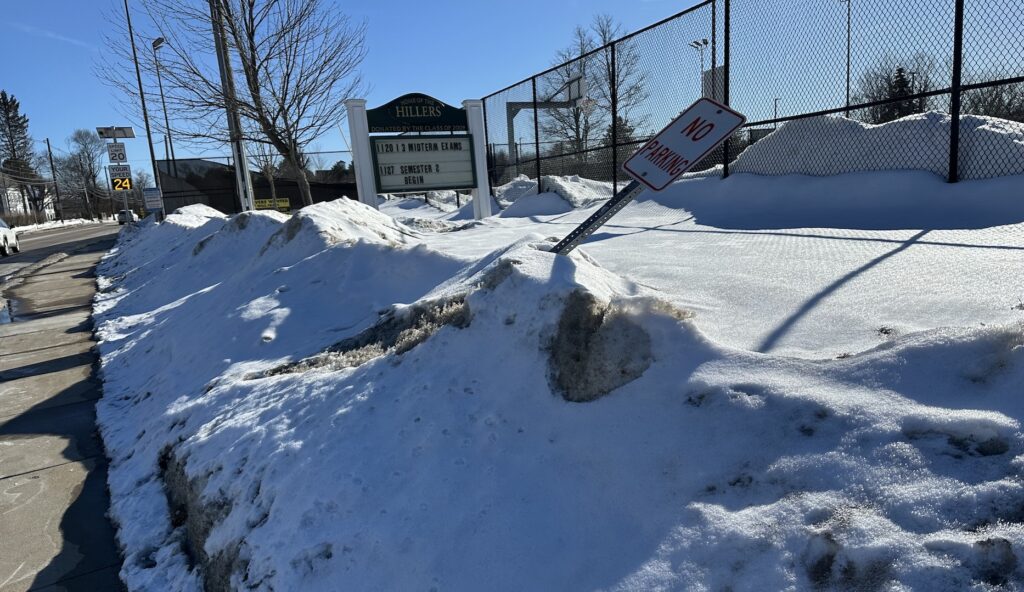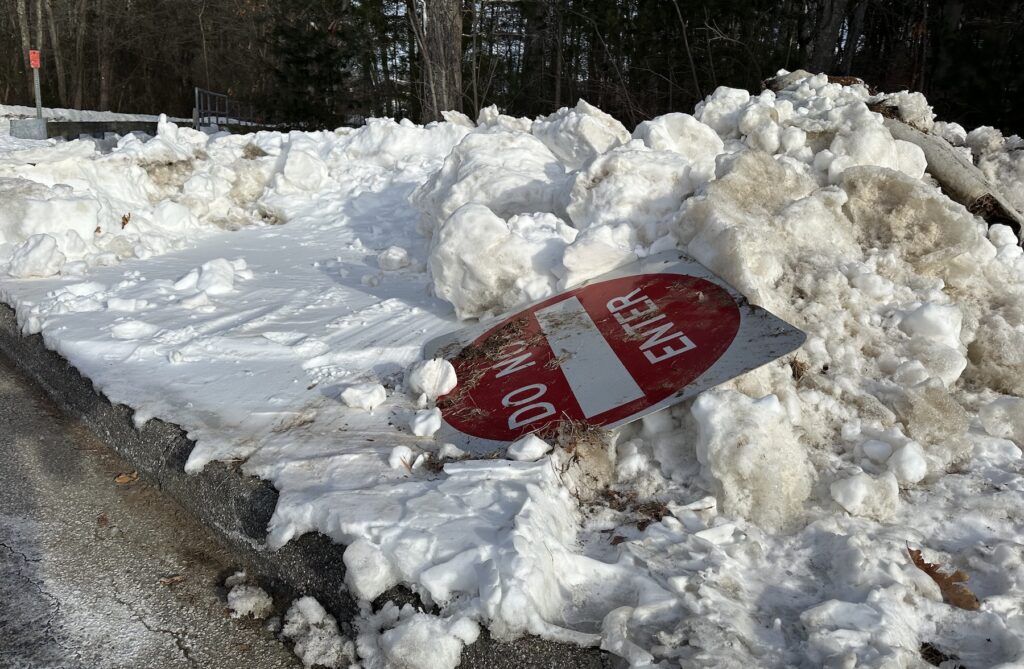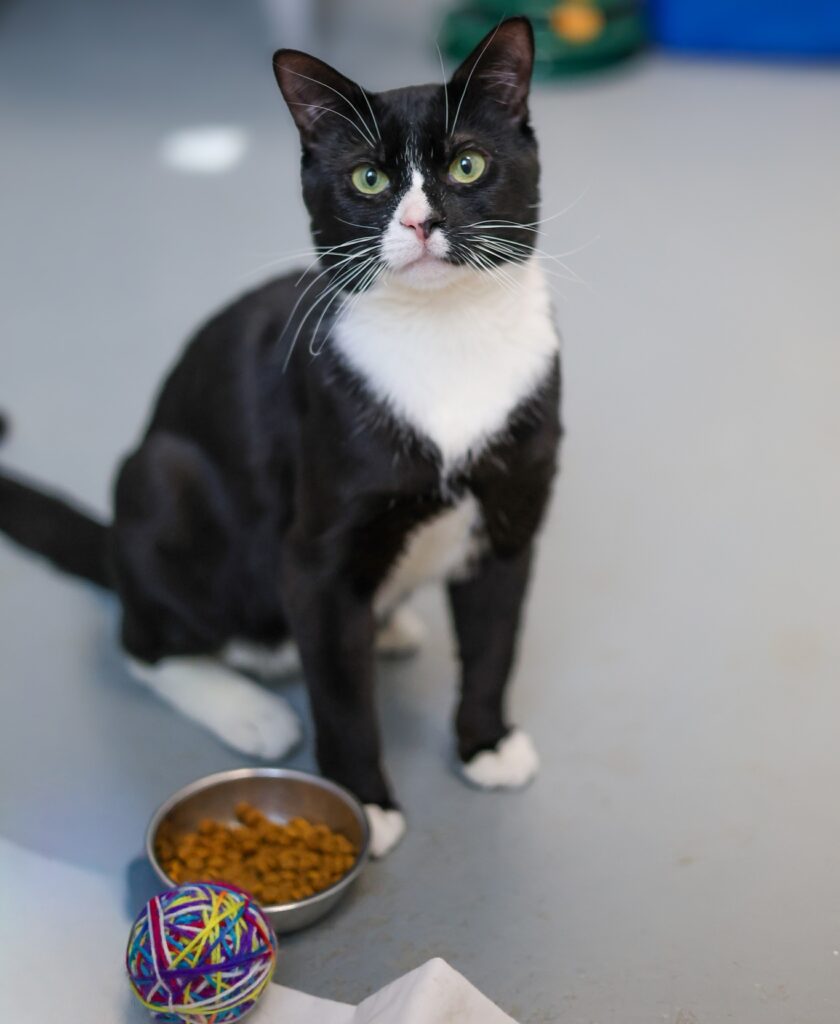
Jamas LaFreniere holds his daughters, Sophie (left) and Ali.
Glycogen Storage Disease Type 1b (GSD1b) is a life-threatening, extremely rare genetic disease in which the body is missing the enzyme required to convert glycogen into glucose. People with GSD constantly are at risk of hypoglycemia (low blood sugar), and if not on a very strict diet and scheduled doses of corn starch, they can suffer seizures, fall into a coma and possibly even die.
Sophie LaFreniere was diagnosed with GSD1b in September 2019 at the age of 2.
Currently, there are no FDA-approved medications for this condition. But Sophie’s parents were determined to find help for their young daughter. They created Sophie’s Hope Foundation (sophieshopefoundation.org), a registered 501(c)(3) charitable organization based in Hopkinton, in 2020 with a mission to fund research and development of new treatments and, ultimately, a cure.
They didn’t stop there: Sophie’s mother, Margot, raised $22,000 for the Foundation in 2022 with her first Boston Marathon. This year, dad Jamas will step up to the start line for another fundraiser (givengain.com/cc/sophieshopebostonmarathon2023/).
“Curing a rare disease is a marathon, and we’ll run as many of these things as we have to,” Jamas vowed.
The Boston Marathon is one of the biggest events for raising awareness and critical to funding multiyear projects. For instance, in 2022, Sophie’s Hope Foundation approved and began funding a grant under the leadership of Dr. Priya Kishnani at Duke University to help better understand and characterize GSD1b. It also partnered with Jackson Laboratory and Dr. Nicola Brunetti-Pierri to develop a conditional knockout mouse model.
A mouse model is a way to create a mouse with GSD1b. It makes it much easier for doctors to begin research and make progress on treatment. The mouse will be publicly available to researchers in spring 2023.
“The fact that we’ve now been able to put this mRNA in a mouse and see how it responds is pretty incredible,” Jamas remarked. “So that was really important for us.”
Other accomplishments include becoming a founding member of the Global Genes Foundation Alliance; attending the Global Genes and University of Pennsylvania Rare Disease Drug Development Symposium in Philadelphia; initiating and leading a patient-led listening session with the FDA; and introducing the GSD1b Strong Patient Spotlight Series and blog, a project to highlight GSD1b patients and families.
“Another important thing we did in 2022 was we engaged with two pharma companies to start working on a therapy and a cure,” Jamas shared. “There’s still a long, long way to go, but we have some interest.”
That in itself was a significant hurdle that required the foundation do a lot of the legwork.
“One of the hardest things for an ultra-rare disease is to get the industry interested and willing to work with you, just because of the cost and complexity,” he explained. Drug development takes time and money; when a disease affects only a couple thousand, “it takes an organization like ours to fund the studies and prove it and get people to do it,” he added.
In addition to fundraising and research as well as raising awareness, community building has become an important component of the Foundation’s work. In partnership with Rare-X and Global Genes, it went live with GSD1b’s first and only online patient registry.
The site is a patient advocacy group, connecting parents around the world and helping those newly diagnosed to cope, and serves as a data collection platform, allowing the foundation as well as patients to tap the expertise of those with lived experience and build a network of support.
Jamas noted how this has underscored the “challenges and inequities and unfairness in the rare disease space; people are left to navigate and research on their own.
“Honestly, I, selfishly, wanted to treat and help Sophie, but you talk to parents in India and Pakistan and they don’t have the same ability to get corn starch. … You just see the dire circumstances all over the place,” he lamented. “So now I’ve become that much more committed and passionate about it.”
Sophie, now age 5, has started preschool and plays soccer. She loves hanging out with her sister Ali and going to ninja class, and takes the corn starch regimen and the frequent hospital visits in stride.
“She skied this winter, she went ice skating. … If you ask her, she’s doing great,” Jamas said. “I try to keep it positive; but I don’t want to gloss over how hard a winter it’s been for her, how challenging it is for someone with a rare metabolic disease to maintain your health.”
It’s that indomitable spirit Sophie demonstrates every day that motivates Jamas to train for and run his first-ever marathon — no small feat, he acknowledged, “at the ripe age of 40!” But he and Margot will continue to do whatever it takes.
“Sophie, she’s such a trooper. We all use those words when it comes to this disease, ‘These kids are so tough, so resilient’ — but she shouldn’t have to be.”




















0 Comments